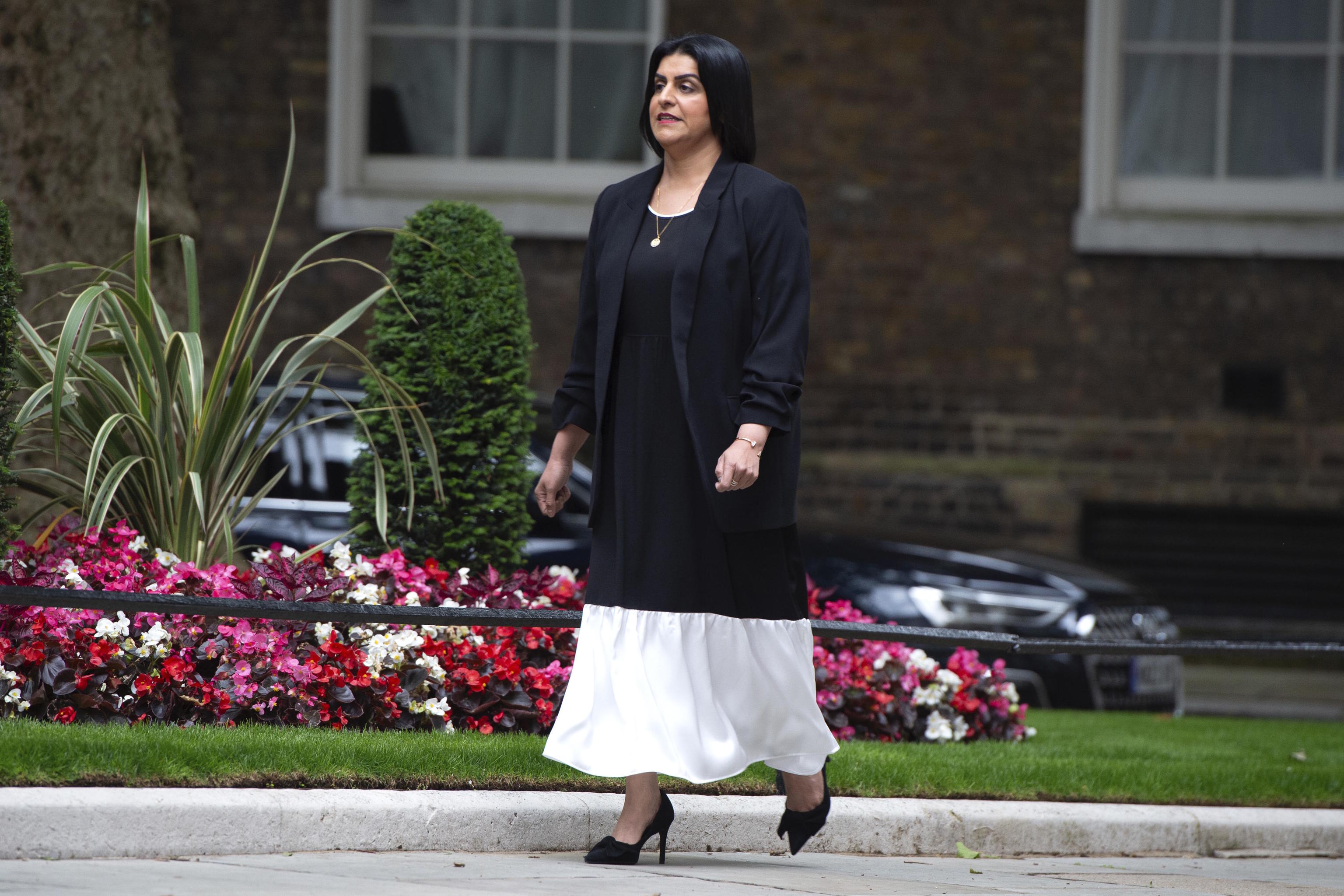"I am the one who is frequently called 'Paki slut' and told to go back to my country." With these words, the British Interior Minister, Shabana Mahmood, responded today to Liberal Democrat MP Max Wilkinson amid his veiled accusations of racism. It was the climax of a fierce parliamentary day, where Labour Government of Keir Starmer made a sharp turn to the right on immigration as promised two months ago. And the one in charge of carrying it out —without any hesitation— was its newly appointed Interior Minister, daughter of Pakistani immigrants and a Muslim for whom her religious faith "is the axis of my life," as she declared in 2024 to The Times.
Mahmood appeared before Parliament to formalize what her Ministry had already leaked to the media hours earlier: a toughening at all levels of the UK's immigration policy. The minister herself had stated that "immigrants are tearing the country apart", words that prompted Anglican Church Bishop Anderson Jeremiah to respond that "we have turned immigrants into scapegoats for the failures and divisions caused by successive governments over the past 15 years."
For the Interior Minister —and therefore, the ultimate authority for immigration in the UK for the past two months— this is a refusal to see reality. "I wish we could say that the problem doesn't exist and that it's all just right-wing rhetoric. But the [immigration] system is broken and is creating the divisions we see," she said. Mahmood did not hold back, even for the usual pugilistic tone of debates in the British Parliament. The use of the word "Paki" itself demonstrates this, as it is a serious insult directed at nearly 1.7 million British citizens of Pakistani origin.
Apart from the rhetoric, the most dramatic measure is the authorization for State officials to confiscate the assets of asylum seekers in the UK that do not have sentimental value, such as collections of bracelets, necklaces, cars, or bicycles. These seizures will help cover part of the costs of the asylum process, especially the accommodation provided by the State to these individuals. Mahmood cited in Parliament the case of a refugee living in a State house without paying any rent, but receiving 800 pounds (about 1,000 euros) monthly from relatives outside the UK and having enough money to buy an Audi.
Another measure will be limiting the scenarios in which judges can use the jurisprudence of the European Court of Human Rights to prevent the expulsion of undocumented immigrants. Mahmood cited the case of an arsonist who was not deported from the UK because the court ruled that it would harm his relationship with his brother as an example of this alleged judicial overreach.
Beyond immigration, this stance has a marked political content and comes at a time when relations between the UK and the EU are at their worst since the Labour Party's electoral victory a year and a half ago. Both the xenophobic and eurosceptic Reform-UK party and the Conservative Party have announced that, if they win the next elections —which seems likely in the case of the former, according to polls— they will withdraw the UK from the jurisdiction of the European Court of Human Rights. Although Labour does not propose this, it is, in fact, sending the message that the influence of that judicial body in the UK should be limited. Equally controversial is the idea of the London Government to restrict visas for citizens of countries that refuse to accept immigrants expelled from the UK.
The impact of these policies on reviving the Government's popularity seems uncertain. Mahmood's plan has everything to anger the Labour left without convincing the more nativist electorate. At least 17 of the 399 MPs from her party immediately reacted against the news of the confiscations, which they described as "repugnant," while Conservative Party leader, Kemi Badenoch —daughter of Nigerians— described Mahmood's measures as "baby steps" in the necessary direction.
